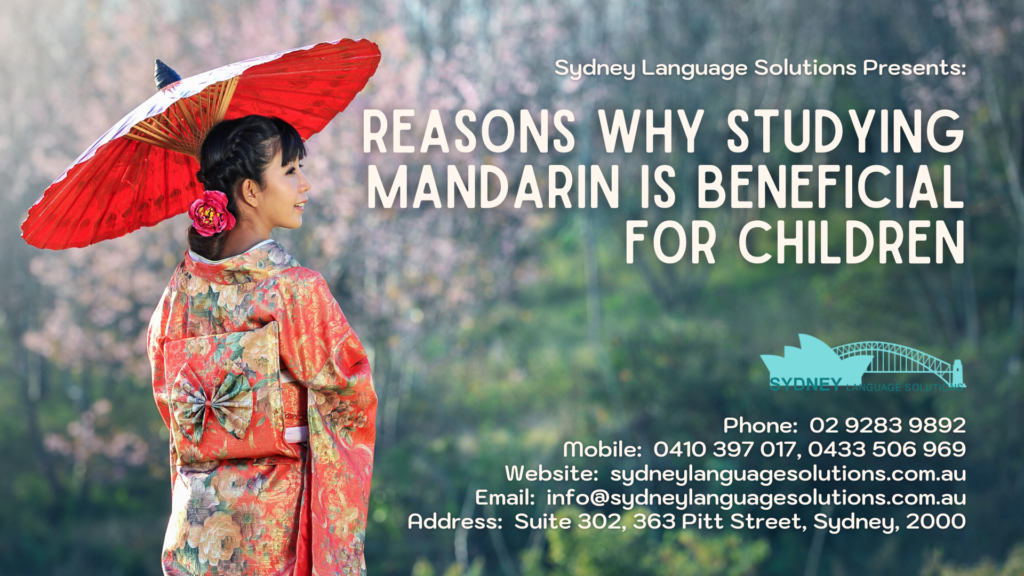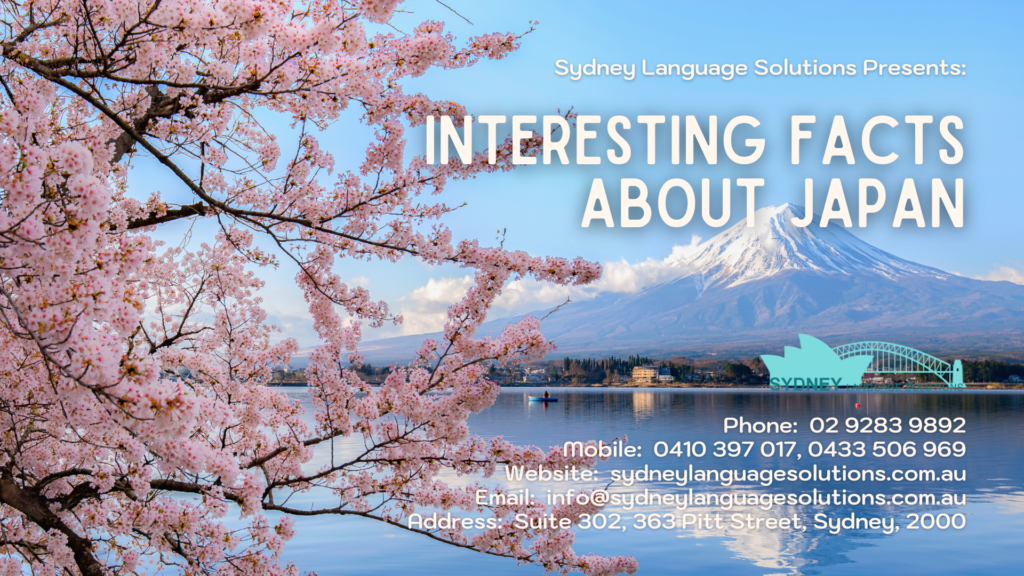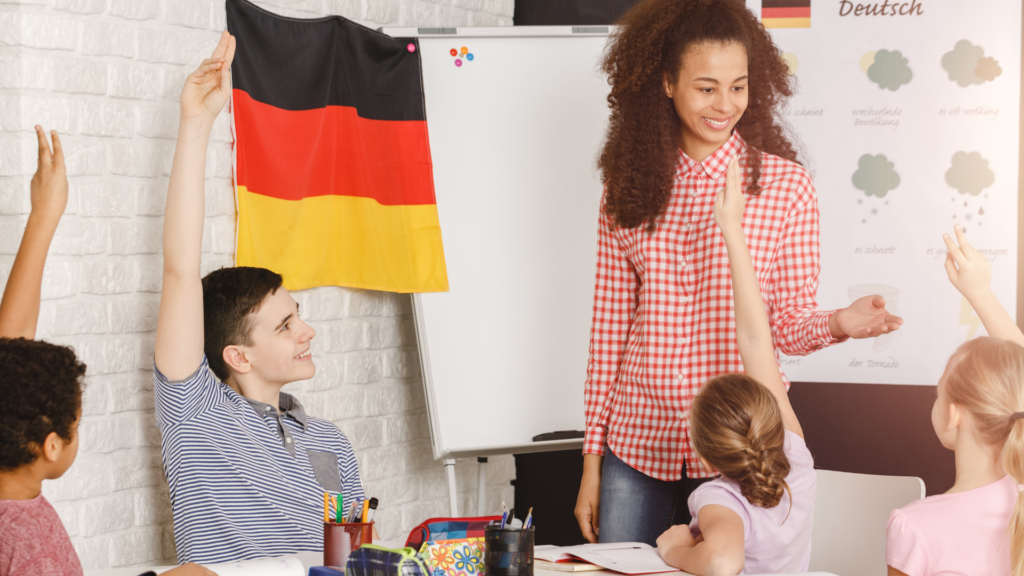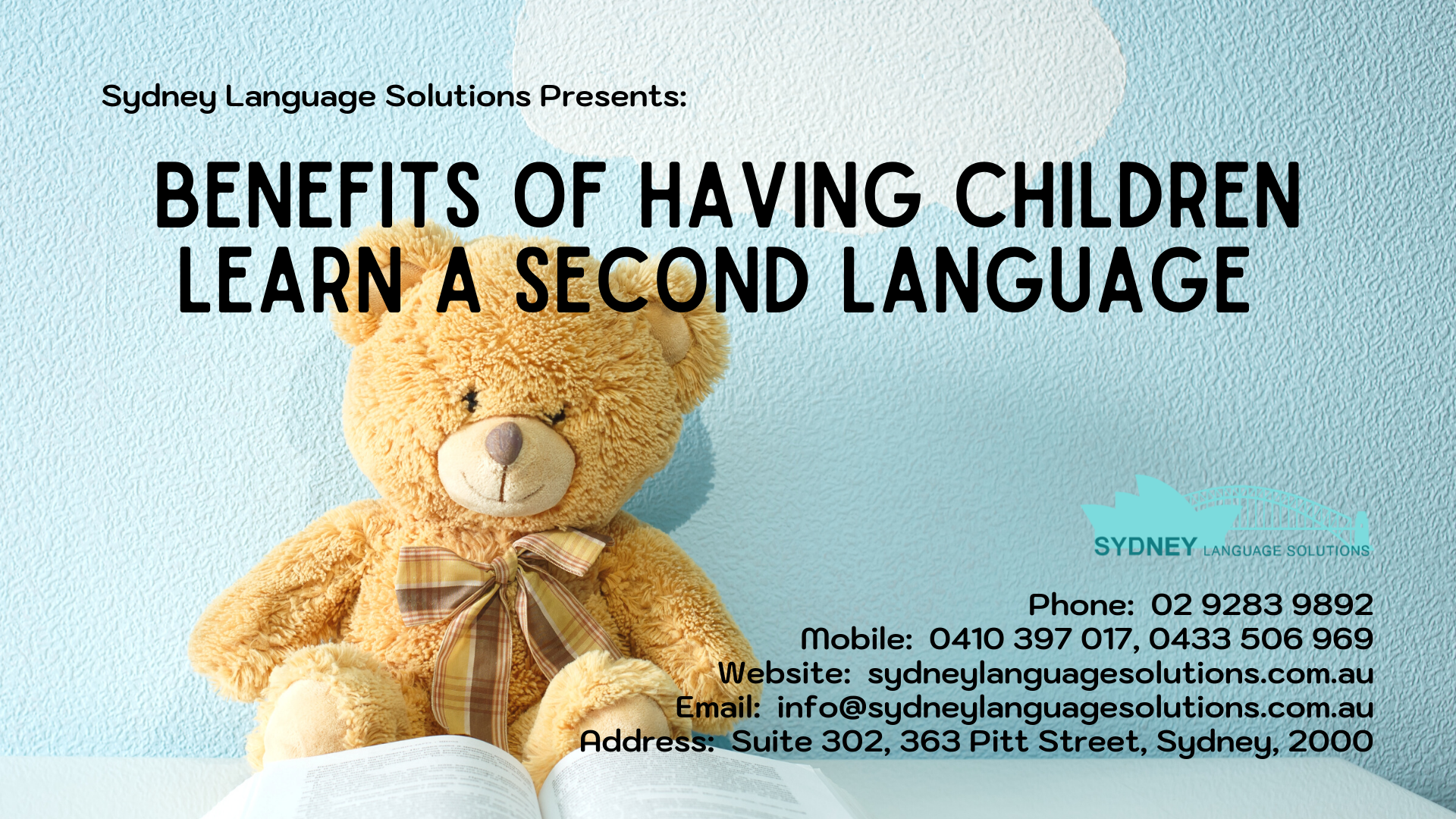Interesting Facts about Vietnam
Vietnam is well-known for its amazing cuisine (Pho, Banh Mi), Vietnam War or being one of the cheapest countries to travel to? What else should you know?
1. Transportation
Vietnam ranks forth in the motorbike ownership rate worldwide. It is an impressive ranking when there are 60 million motorbikes in the population of 90 million people. Vietnamese people choose motorbikes as their main means of transportation as motorbikes are cheap and convenient to travel in crowded cities or tiny lanes. Owning a car is still considered expensive property for wealthy people because the tax is around 100-200%.
Due to the variety of vehicles on the road, crossing the cross is “nightmares” or “cultural shock” for for foreigners. You need both courage and skills to cross the road in Vietnam!
2. Economy
Vietnam is developing country but it is Asian’s shining star during COVID 19 with 2.9% growth in national economy last year.
Vietnam is global king of cashew nuts producers. Besides cashew, Vietnam’s leading export products are rice, pepper, coffee and rubber. Do you know that Vietnam’s Jasmine Rice ST25 was granted World’s Best Rice 2019?
3. Cuisine
Do you know that though Pho is traditional food in Vietnam, it is cooked differently in the North and South? The broth in the Northern Pho is clear and simple while Southern Pho is sweeter and richer. Southern Pho also uses more styles of beef such as rare beef, tendons, meatballs, tripe or brisket. Unlike the South, Northern Pho is not served with lime, beansprout, hoisin sauce, chili sauce and fresh sliced chilies.
One must-try drink when visiting Vietnam is Egg Coffee (Ca Phe Trung). it is a sweet treat made by beating an egg yolk with sweetened condensed milk until it makes an airy, creamy, meringue-like fluff. Worth to try!
4. Surname: Nguyen
You might automatically call a person with the Nguyen in their surname Vietnamese. Over 38% of Vietnamese people have Nguyen in their surname. The second common surname is Tran and Le.
5. Some “most” things about Vietnam
- The world’s largest cave – Hang Son Doong: Being 38.5 million cubic meters, Son Doong is able to accomoate an entire New York city block. The ecosystems within the cave has its own weather systems and can even create its own clouds.
- Vietnam ranks fifth in the Happy Planet Index results, and second in the Asia Pacific region
- The country has the most dishes made from noodles and broth with 164 dishes. Beef Noodle Soup (Beef Pho) came second in the 20 delicious noodle soup chosen by CNN.
- With 272 dishes made from 43 different flowers, Vietnam is the country with the highest dishes made from flowers.
- The world’s most dishes from rice flours with over 143 dishes using various recipes.
Want Your Kids to learn Vietnamese? Join us!
Do you know that learning Vietnamese is a gateway to further explore this amazing country?
Reasons Why Studying Mandarin is Beneficial for Children
Why should children study Mandarin?
- The most widely spoken language in the world in 2020
- Exercise your brain: English speakers use left temporal lobe. Mandarin speakers use both
- Cognitive ability: Learning Mandarin involves learning language, sounds, drawing and math at the same time
- Learn Chinese Culture: Mandarin grammar presents the logic that Chinese people use to think, phrases show how they handle relationships
- Career Growth: China’s economy is growing exponentially. Knowing Mandarin will land your children more job opportunities
Interesting Facts about South Korea
Some Interesting Facts about South Korea
- Blood types are important. Korean people think that blood type reveals bout your personality and characteristics. Therefore, almost every Korean people knows their blood types
- South Korean is one year older when born. One explanation is that people think it’s because the baby is in the mother’s womb for 9 months, which is about 1 year. Therefore in South Korea, the baby is 1 year old when born.
- Almost half of the Koreans are called Lee, Park or Kim. Especially Kim has a special position: one in five Koreans has this last name.
- Food is the essence of everything to Korean. One thing describes Korean best is Food Culture. When Korean parents talk with their children, they care a lot about “eating well”. Sometimes Korea is called “Italian of the East”
- Kimchi is a culture. Back in the days, Kimchi is created because of its long winter. Today, Kimchi is a popular sidedish that you can find in almost every Korean restaurants. Korean say “Kimchi” instead of “cheese” when they take a photo
Interesting Facts About Japan
Japan is long praised for its incredibly rich culture, mouthwatering sushi, developed economy and polite people. What else should we know?
- 4 main islands
While Japan is an archipelago with almost 6,952 islands, only 4 main islands make up the majority of its main lands, namely Hokkaido, Honshu, Shikoku and Kyushu. Tokyo is located in Honshy Island.
- Life Expectancy
Japan takes a second place in worldwide life expectancy, following HongKong with average life expectancy is 83.6 and 84 years old respectively. This impressive rank is contributed by healthy diet, walking habit and family orientation lifestyle
- Karoshi
This is Japanese word for death by Overwork. Japan has some of the longest working hours in the world. To resolve this, Government launched an initiative called Premium Friday to encourage employees to leave at 3pm in the last Friday of the month
- Ban on Dancing
There is a ban in Japan on dancing after midnight or 1 am from 1948 to 2015. This is because many dancing venues are a font of prostitution.
- Vending Machine
On average, there are 23 vending machines for every 1 person in Japan. Japanese people buy almost everything from vending machines. You can buy cans, vegetables, ramen, eggs, toys and even technological devices.
Ways on How You Can Help Your Children Learn New Languages Faster
How you can help your child learn new languages faster:
- Make language learning a daily habit. Research shows that your child only needs 15 minutes a day to make progress while learning a new language. Some ways in which you can instill this habit in them is by making them listen to podcasts or watch a movie in a foreign language.
- Learn cognates. Languages like Spanish have a lot of words that we commonly use while speaking English. Learning these words will help your child transition better into the new language.
- Use flashcards and spaced repetition. Flashcards are proven to be the most effective way to memorize new languages. Flashcards use a concept called spaced repetition that basically prioritizes things your child does not know and helps them prioritize and work on their weak areas.
- Use a notebook and take it everywhere. Ask your kids to write down all the relevant vocabulary that you come across whenever your child is exposed to a new language.
- Speak the language from day one. There are 3 ways to achieve this. You can enrol your child in group learning in a good language school. This is great from a social perspective as your child will be studying with kids their own age and they can collaborate and work together on their skills.
This is where we can help you!
At Sydney Language Solutions we offer the best prices and deals for an atmosphere of fun and engagement in which your children can develop their language skills and aim towards a brighter future.
Effective Ways of Learning German for Children
- Learn through cue cards
Kids will learn German alphabet and words by flashcards featuring numbers, colors, words and more. Flash cards are proved an effective way of learning a language for kids
- Learn through Activities
- Songs. Kids will learn popular children’s songs from Germany.
- Activities. Kids can learn German through shopping, role playing, acting and more. By this way, kids can interact with teacher and their classmates.
- Games. The teacher will organize games in the class such as memory matching or quizzes. Games create joy and competition among kids
- Learn in Great Class Setting
- Teachers: Kids will be guided by great and experienced teachers. They have WWCC surely.
- Small Class Size. The class is limited to 4-8 students per class so that all kids will have the best experience.
- Learning style. Interactive class setting in funny environment. The class comes with free materials and Free bottle of water for all kids
Advantages of Bilingual and Multilingual Children
INTERESTING FACTS ABOUT BILINGUAL/MULTILINGUAL CHILDREN:
– Better academic results: research has shown that bilingual/multilingual children can often concentrate better, have better problem-solving skills, understand language structure better and are better at multitasking.
– More diverse and interesting career opportunities later in life: employees speaking two or more languages can form better connections/relations with clients and other business partners. Therefore, multilingual candidates are preferred by employers.
– Children who speak more than one language have a better sense of self-worth, identity and belonging.
– Bilingual/multilingual children are said to be more educated since they can indulge in reading books written in various languages, enjoy movies and music in different languages.
– Children who learn foreign languages appreciate other cultures more and feel a sense of affinity while communicating with people from other countries.
BENEFITS OF LEARNING A FOREIGN LANGUAGE FOR CAREER GROWTH:
Learning starts at a very young age and learning new languages as a kid not only has a positive impact on your child’s personal growth, but it also gives them an edge in the professional world when they grow up.
Here are some advantages of learning foreign languages as a kid:
- Your kid will automatically become more attractive than other candidates when it comes to Global companies. In this dynamic world of globalization, employers are seeking candidates that are multilingual. International companies are trying t0 widen their reach across the globe and hire employees that can blend in with other cultures and fill in the communication gaps between the company and its clients.
- Career growth opportunities: being fluent in foreign languages doesn’t always mean your kid will have to go abroad. Many small local businesses prefer multilingual candidates who can help them explore new business opportunities and bring in more clients from other countries.
- Higher salaries: research shows that multilingual employees earn at least 10%-15% more than monolingual employees.
- Relationship building: having the ability to speak and understand different languages will allow your child to relate to various cultural groups at a personal level. Having a good relationship with colleagues is essential in a professional environment.
- Increased job opportunities: being fluent in foreign languages can be extremely beneficial for an individual’s professional growth. Many companies now require only employees who are bilingual or multilingual.
Benefits of Having Children Learn a Second Language
Why must children learn a new language from a young age?
- Experts say that children have more time and ability to pick up a new language faster than adults and develop a native-like pronunciation.
- Learning a new language also boosts a child’s creativity, problem-solving, critical thinking, and listening skills.
- In the long run, a second language will also be advantageous for them in the workplace where being multilingual gives one a competitive edge over others.
What makes our program different from other community language schools?
At some community language schools, the programs are designed to be beneficial if only both parents speak that particular native language at home for the children to have a chance to hear and practice the language. While this is advantageous for some children, others with only one parent who speaks language cannot have the chance to hear from their parents’ interaction. In fact, there are numerous households in Sydney with only one bilingual parent. In such circumstances, going to a language class with a structured program will help the students.
At Sydney Language Solutions, we offer language courses for children from all backgrounds, regardless of the number of parents who speak that language at home. These courses are also tailored for children whose parents are second-generation language speakers in Australia, or those parents who do not have enough background knowledge in speaking, reading, and writing their language to teach their children at home.











Latest Comments